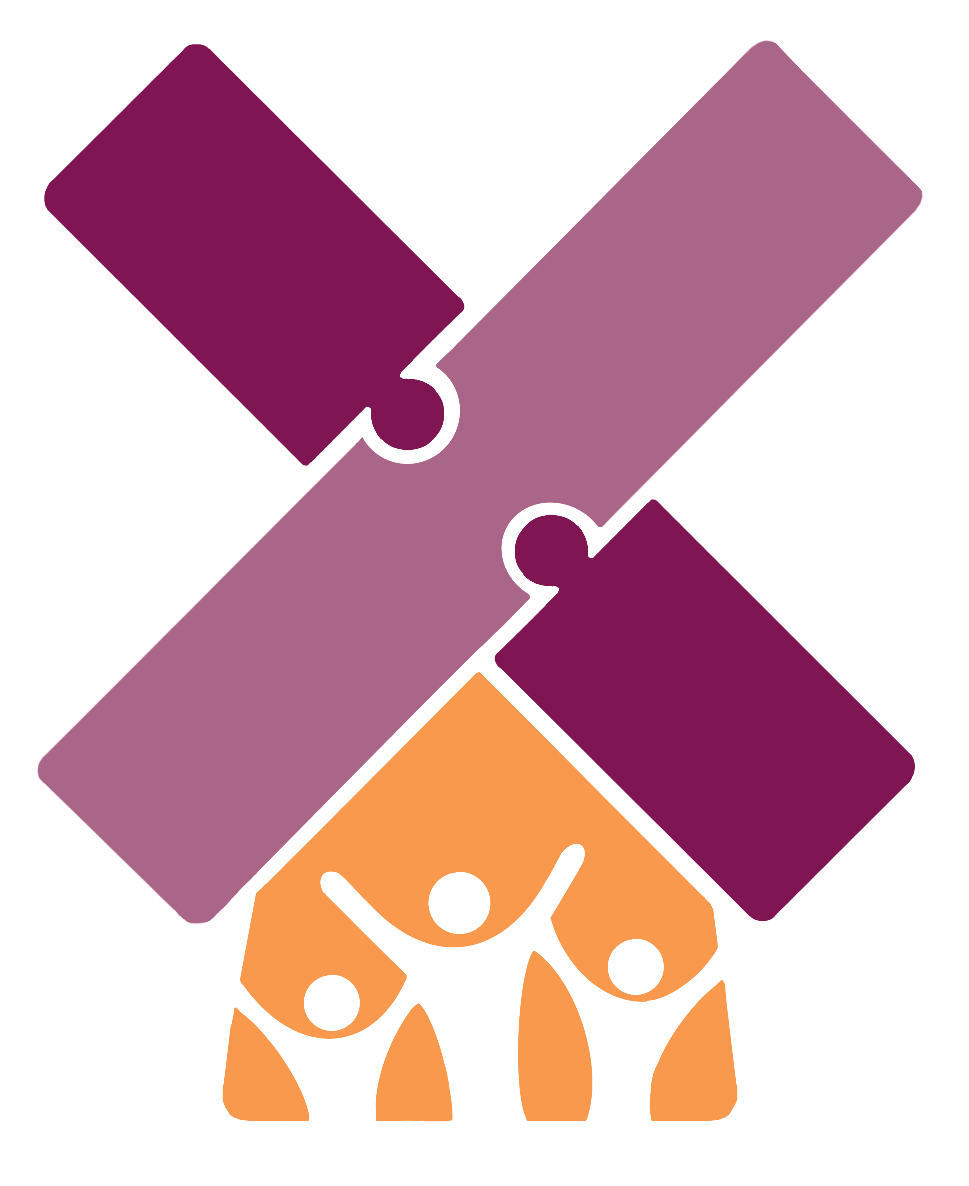The kids we support are unqiue, so our approach is too
When someone joins The Club, we assess what services would be a best-fit to meet their goals. This often means we make use of a blend of our evidenced-based approaches, tailored to supporting third-culture individuals. The approaches include:
Functional Behavioral Analysis (FBA)
Behaviors are often functional, meaning your child is engaging in them for a reason (even without realizing it!). FBA begins the process of understanding not just the what of behaviors, but the why.
Play & Art Therapy (AT)
Sometimes we don’t have the words to express how we feel - thank goodness we have art! This abstract way of processing and reflecting can be used for a variety of challenges that your child may face.
Impact Therapy (IT)
Therapists can use concrete visual and kinetic examples to create thought-provoking conversations. This therapy gets its name because it can result in a quick “impact” on a client to ensure they leave session with something new to reflect on.
Acceptance and Commitment Therapy (ACT)
Anxiety and depressive symptoms can be rooted in our wish to avoid negative feelings. ACT focuses on accepting emotions – regardless of whether they are “good” or “bad” – and committing to our intentions.
Mindfulness-Based
Therapy (MBT)
In MBT, we focus on bringing awareness to our bodies and minds through teaching the importance of breathing, finding stillness, and acknowledging details we may have previously overlooked within ourselves and our environments.
Cognitive Behavioral
Therapy (CBT)
CBT is based on the principles of examining how our thoughts connect to our behaviors (and vice versa), and systematically making changes to this relationship.
Behavioral Activation
Research shows that when someone is experiencing low mood, getting moving is what can start helping them feel better. This can be really tough though, because low mood almost always comes with low energy and motivation. This therapy focuses on supporting someone to get moving again, one step at a time.
Exposure Therapy (ET)
ET involves explicitly facing a fear to reduce discomfort. This oftentimes is a very scary thing to do - we understand! Our approach emphasizes making ET as comfortable as possible through the discomfort, & having your child’s informed consent during the entirety of treatment.
Solution-Focused
Therapy (SFT)
When there are many things happening around you all at once, it can be overwhelming to try and work towards any resolutions. With SFT, we systematically practice identifying challenges and overcoming them, together.
“It’s always okay to not be okay.”
We have had the privilege to help hundreds of clients with a broad range of challenges and goals. Here are just a few examples:
loneliness
homesickness
anxiety
specific phobias
low mood
uncomfortable thoughts & feelings
discovering & understanding
identity
developmental-milestone delays
bullying
social skills
transitions to new schools
social anxiety
self-love & acceptance
gender & sexuality
self-harm
grief
family communication


